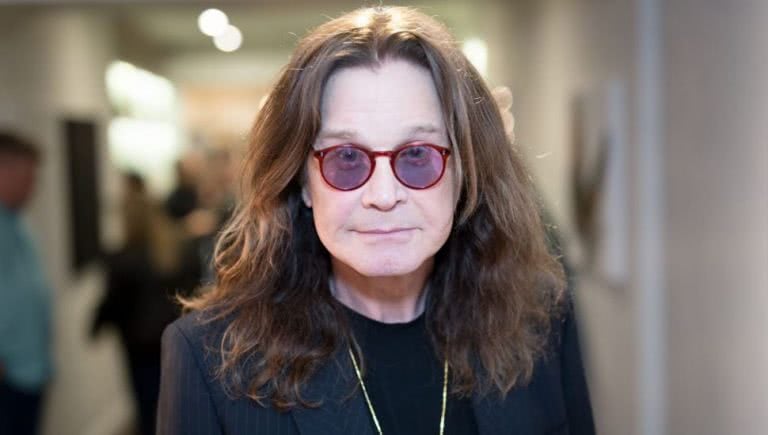The recently released Ozzy Osbourne documentary No Escape From Now on Paramount+ presents a poignant final chapter to the metal legend’s story.
What began as a film documenting Ozzy’s struggle to return to the stage following his life-changing fall in 2019 transformed into something far more profound when the rock icon passed away in July while the documentary was still in post-production.
Director Tania Alexander, working closely with executive producer Sharon Osbourne, had initially set out to capture Ozzy’s desperate efforts to recover from the physical and mental toll of his accident. The film chronicles his battle with Parkinson’s disease, chronic back pain, and the emotional devastation of having to cancel his farewell tour.
“Sharon will let you completely have your freedom, but we always wanted to prefix that with: this is what we want to do,” Alexander explained to Variety in a new interview, describing the creative freedom given by the Osbourne family. The director emphasised that Sharon’s only request was authenticity: “just tell the truth. We’ve been through a terrible time, so we want it reflected.”
The documentary captures intimate moments between filming sessions, where Ozzy would initially appear uncomfortable due to his physical condition but gradually warm up to the process. “About 20 minutes in he’d be really enjoying chatting about himself and say, ‘Have you got any more questions?'” Alexander recalled.
The film builds toward Ozzy’s triumphant final farewell performance in his hometown of Birmingham, surrounded by some of rock’s biggest names. The footage shows genuine emotion from fellow musicians like Billy Corgan and James Hetfield as they pay tribute to their hero. “It was an extraordinary moment for me, seeing Ozzy watch those really big artists singing his songs in front of him,” Alexander noted.
When Ozzy passed away just three weeks after his final show, Alexander faced a difficult decision about the documentary’s future. However, the Osbourne family requested she continue with the project unchanged. “We were in the edit and had another six weeks to go,” she explained. “I watched it back and didn’t change it — I just thought, ‘No, it’s the same film I cut before.'”
Love Music?
Get your daily dose of metal, rock, indie, pop, and everything else in between.

































